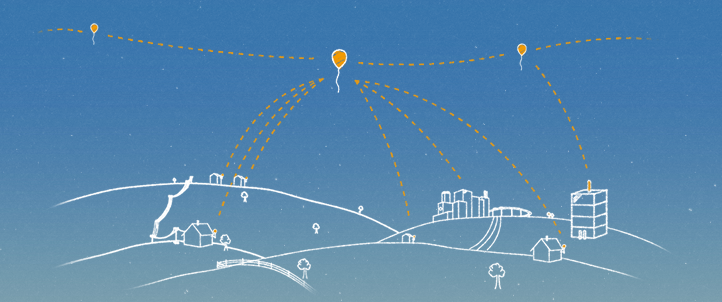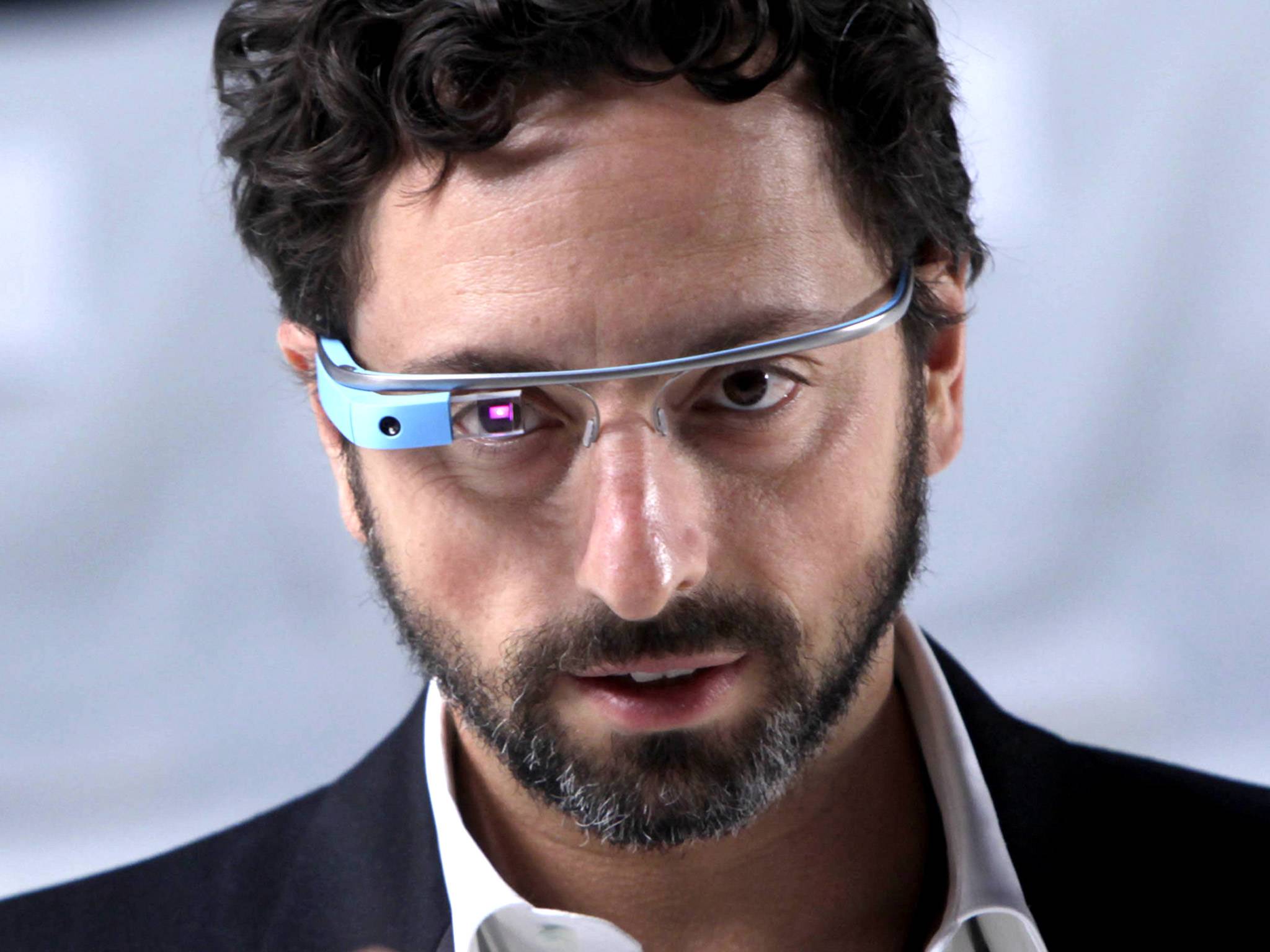Before reading this, i recommend you read these two blog posts i wrote.
Emotions do not make us
I have been developing this philosophy i call, “Rational Objectivism”. It encompasses all my previous posts on rationality, such as the ones linked above. And some posts I will make in the future, such as "Rational Selfishness".
If you have read some of my posts, you would realize that i prize rationality. That I look at it with utmost importance in any interaction. That I realize that our ability to rationalize at a high level, is the very thing that differentiates us from the other organisms of this planet.
I also prize the objective, the truth. I could careless about your subjective views, your beliefs.
If i point a loaded gun to your head, and pull the trigger, it matters not how much you subjectively believe bullets do not exist. You're gonna get bullet in your head. This is the power of truth.
The truth is unaffected by yours, or anyone else's views. It needs no one to recognize it as true, to be, true.
The problem i have been tackling, is whether it is possible to have a goal that is objective, and that is rational.
I know it is possible to have a goal that is entirely irrational. Such as wanting to kill a person due to anger. But at the same time, i know it is possible to rationalize the best route to accomplish said goal.
For example, the person you want kill could be armed. So running at him with a knife is not a viable option. You also probably do not want to get caught. So maybe the best option, is to buy a large syringe, fill it with air. Wait for the perfect moment, maybe outside his house. Then jam the syringe in his throat, injecting all the air inside, into his vein, eventually causing a massive heart attack. I just rationalized towards this goal so well, that i have effectively eliminated most if not all chances of being caught. Yet this goal, is irrational.
So is it possible to have a goal that is rational, Not controlled by mere instinct?
Is it also possible for this objective, to be Objective?
A goal that is not subjective, not an opinion. This means everyone has to have been following the goal, whether they know it or not.
I have come to the conclusion that yes, there is something that everyone follows, not just everyone, but every living thing. That something, is anti-entropy. Every single living thing strives to reach a state of greater and greater complexity.
Another thing that all anti entropic forces strive to acquire, is power.
Power = control
Every single living thing strives toward control.
Control, is literally being able to control the movement of matter that makes up and surrounds your organization.
You do not need a nervous system (brain) to control matter.
Cells control matter (albeit a small amount).
At one point, simple muscle mass, was enough to suffice.
It allowed organisms to move and hold things at their will.
Yes survival is the goal of organisms, but the derivative of that goal is control. In order to survive, you must be able to physically control the matter around you, and the matter that forms you, to retain your organization.
One thing that greatly determines control, is your ability to perceive and understand, the world around you.
Hence the reason why humans have so much power.
The strive for control (power) is deeply ingrained in our very nature.
Not by instinct, but by simple process, by what we are, by the fact that we are life, An ever advancing anti-entropic force.
Everyone strives for control, Everyone, even a person who says they do not want control, strives for at least enough control over matter, to say those very words.
The strive for power, is an inescapable, inherent function of life, and possibly all anti-entropic forces (if there exists anti-entropic forces outside of life. Though anti-entropy could be an appropriate, if not the only appropriate definition for life. If so, this would mean that stars are "alive" as we'll).
Advancing such, is simply what life has always been trying to do since it's fruition.
More proof to back up my statement that all anti-entropic forces want control.
This link will take you to a ted talk by Alex wissner-gross. Its about a new equation for intelligence, and for the first time, provides a solid definition as to what intelligence really is.
The definition is something along the lines of: Intelligence is Behavior a system that tends to maximize the possible future states of that system.
It is essentially saying, that intelligence tries to acquire as much control of a situation as possible.
One person once asked me.
"What's your evidence for the force that makes everything grow in complexity? I gave the example of archaea and bacteria species, that haven't grown in complexity for a few billion years."
My response was.
“Life is a whole system, you're looking at only the bacteria, and ignoring all of the other parts of whole system such as the fact that bacteria is related to all other organisms on the planet. This Would not only be a limited view, but would be a false one as we'll.
If you look at life as a whole, you will see that it does in fact grow in complexity. From prokaryotic cells, to eukaryotic cells. From the primitive cerebellum, To the neocortex..
What's even more interesting, is that this self evolving anti-entropic system. Has now created an organism, that has begun another evolution. Technological evolution. And as such, another form of anti-entropy.
And last, to top it all off. What do you notice as humans advance in technology? We gain more control of our environments, we gain, more power.










